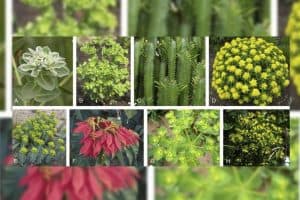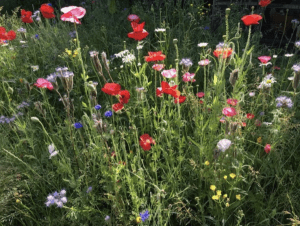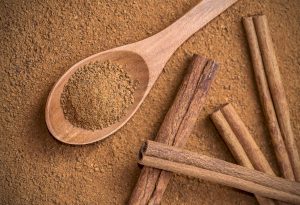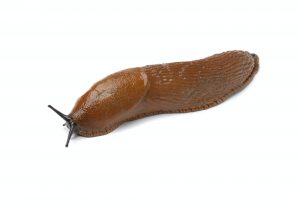Charles Darwin called worms ‘the most important animal in the history of the world’. They are well known to gardeners as an indicator of healthy soil, they are nature’s cultivators that do all the hard work for us by mixing up the soil layers and decomposing organic matter turning it into food for plants and wildlife.
Worms facts
There are thousands of species of earthworms, and they are older than the dinosaurs! The worms that live in the soil are different to the ones that live in compost heaps but all help to break down organic matter to improve soil structure and feed the plants and wildlife. They are so important in the garden, but they do have certain requirements. Worms do not like very waterlogged soils or extremely acid conditions. They have five hearts and can’t grow again if you cut them in half, but they could regenerate some of their segments like their tail end.
Worms in the soil
Earthworms are there somewhere and usually do not need adding to the garden. What they do need is oxygen as they breathe through their skin and a good supply of organic matter to mix up with the soil. Organic matter can be added to the soil in the form of garden compost (never multi-purpose potting compost because it’s already processed), manure, leaf mould, mushroom compost and so on. Adding organic matter not only adds nutrients to the soil but also improves the structure and retains moisture. You don’t even need to dig it in as the worms do the work for you. Digging can damage the soil structure so best left to nature. It’s not an excuse not to weed though but that’s another article! Some species can cause casts on lawns and paths and be a bit of a nuisance but please don’t reach for the chemicals!
Compost Heap Worms
These are equally amazing but are completely different species to those found in the soil. Brandling and tiger worms turn kitchen and garden waste into fabulous soil improver to spread on the garden to feed the earthworms, and plants of course. A healthy compost heap should be damp to encourage the worms to breed rapidly and speed up the composting process. A healthy and successful composting system should be full of worms!
Wormeries
This is another way to utilise the wonder of worms, but it is a little like keeping pets. When you invest in a wormery they have coir bedding and come in a bag all tangled up. You add kitchen scraps and there is also worm feed (yes really) and they turn kitchen waste into compost with a biproduct called ‘worm tea’ which you can use as a liquid fertilizer. This way of composting is only suitable for small gardens. I found I ate too many vegetables and fruit so released them into my slatted compost bin. These worms have bred and been given away to friends to start new colonies!
Cathie’s Gardening School Services
CGS is running the ‘Garden Design Project’ in September so come and meet me, see the garden, and join in! There are also garden consultancies, mentoring and garden army makeovers as well as bespoke Saturday workshops throughout the year.




